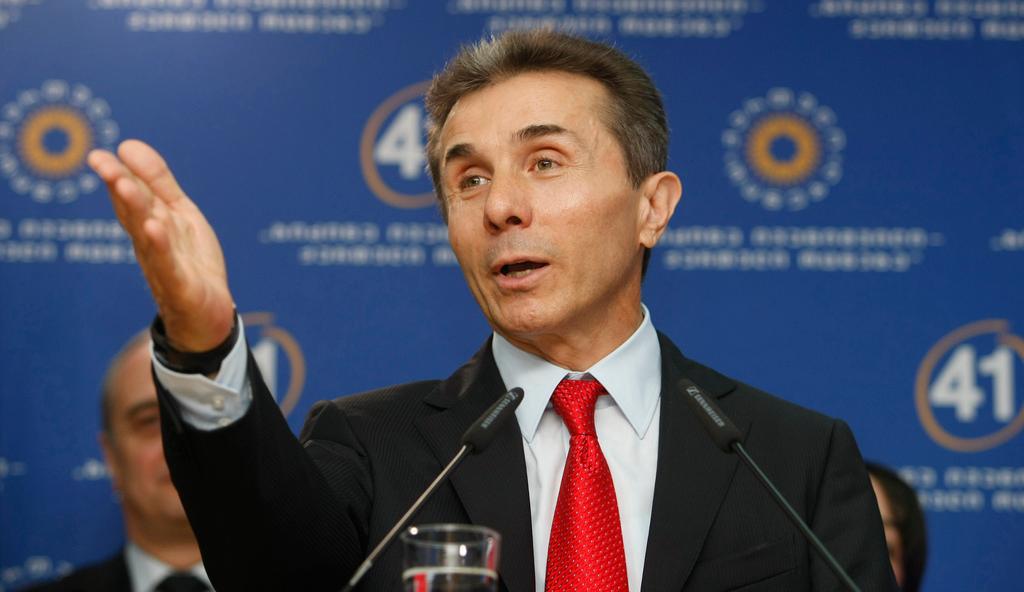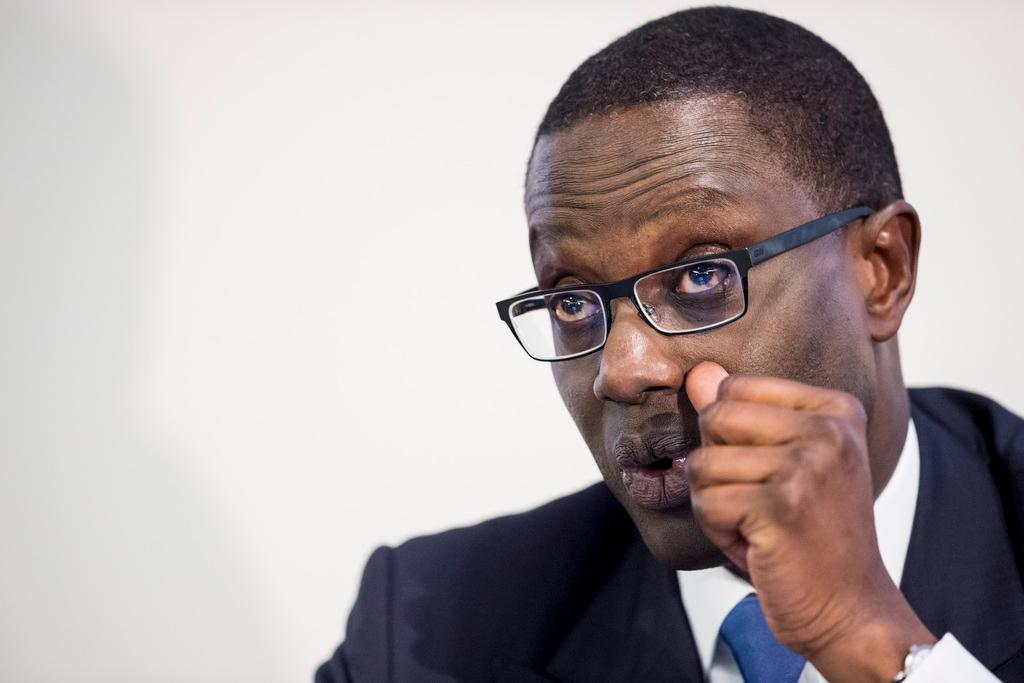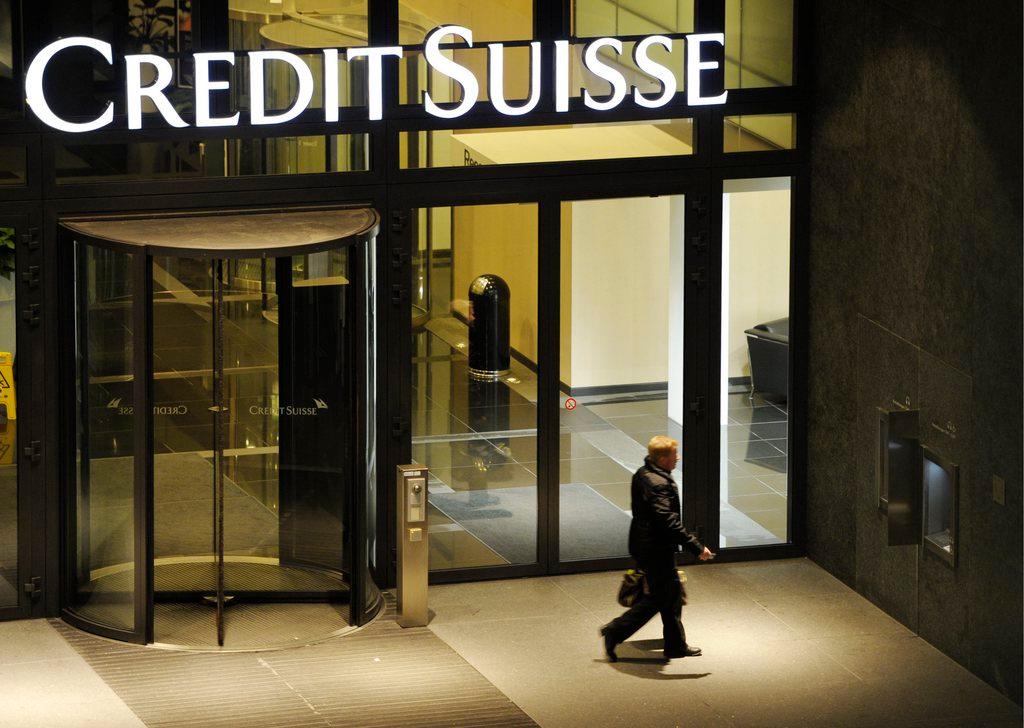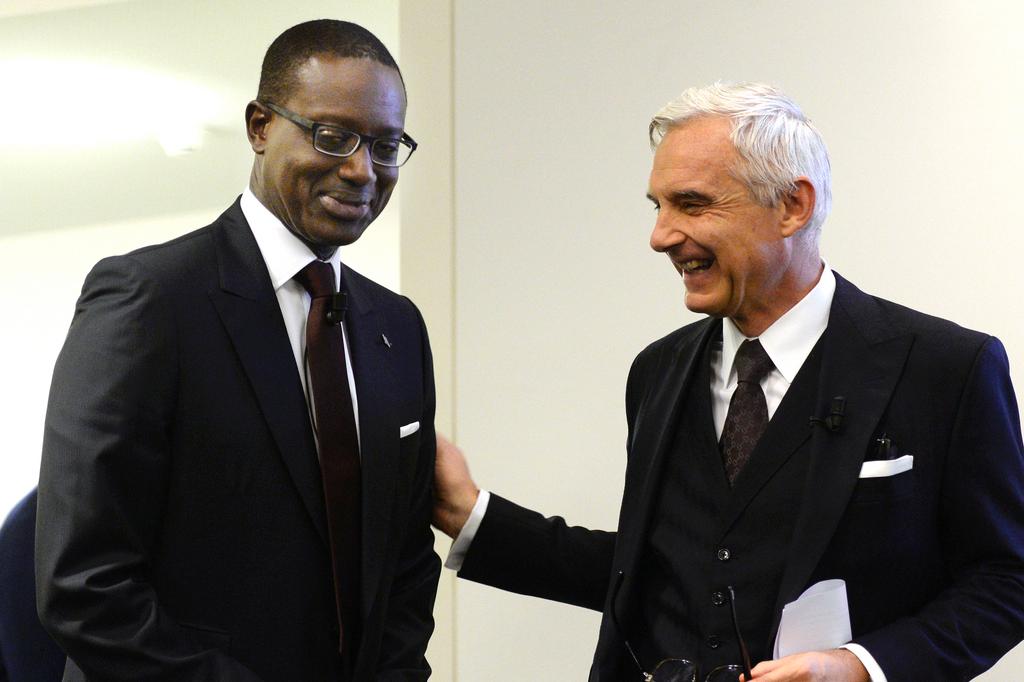Billionaire’s complaint raises liability issue

Another case of suspected bank rogue trading may once again raise the thorny subject of who is responsible: the trader, the client or the bank itself. Legal battle lines are already being drawn between Credit Suisse, a former employee and a billionaire Georgian oligarch.
The employee is currently languishing in a Geneva jail having been charged with fraud, forgery and financial mismanagement. He was arrested after Credit Suisse brought a criminal complaint against him.
The third party in the case, the former Prime Minister of Georgia, Bidzina Ivanishvili, has lodged legal complaints against both Credit Suisse and its employee, claiming he has lost hundreds of millions of dollars through fraud and mismanagement.
The case bears the hallmarks of past infamous rogue trading cases. But this time around the allegations may prove even more damaging as the employee worked in Credit Suisse’s wealth management division.
It is alleged that the star client relationship manager, who worked on the bank’s eastern Europe and Russia desk, dipped into the assets he managed for Ivanishvili to cover losses on other investments and to make trades for other clients.
Can of worms
His unauthorised actions came to light when an investment in United States pharmaceutical company Raptor turned sour, resulting in huge losses in September. Ivanishvili’s lawyer, Marc Henzelin, said his client is dissatisfied with the bank’s response to his complaint.
“If something like this happens, the bank has a responsibility to look after its client,” Henzelin told swissinfo.ch. “But in this case, Credit Suisse is trying to deny that my client is an aggrieved party. Their stated aim is to attract ultra high net worth individuals and Mr Ivanishvili is one of its biggest clients in Switzerland. He is extremely unhappy with the way the bank is dealing with him.”
On discovering irregularities, Credit Suisse sacked the employee and then pressed criminal charges against him in December. “Credit Suisse has a zero tolerance policy towards misconduct and takes appropriate measures when such behaviour is discovered,” a spokesman said. It is as yet unclear whether the employee enriched himself by his actions.
But the question of exact liability and responsibility for the misconduct, and subsequent financial losses, now looks set to involve a lengthy legal battle. This could involve the issues of how much risk Ivanishvili had been prepared to take in his investment portfolio, the sophistication of his financial knowledge, his personal interest in Raptor shares and the involvement of financial intermediaries.
Rogue trader defence
In the meantime, the lawyer representing the dismissed Credit Suisse employee is also busy mounting a legal defence. “My client has stated that at the beginning he made mistakes trying to cover losses. But as long as he was making money, everybody was happy,” Simon Ntah told swissinfo.ch.
The strategy centres on how much the bank knew, or should have known, about the conduct of its employee. This is similar to the defences offered by rogue traders Jérome Kerviel, formerly of Société Générale, or ex-UBS investment banker Kweku Adoboli, both of whom failed to convince juries with their arguments.
Ivanishvili’s lawyer, Marc Henzelin, also raises the point of the Credit Suisse’s liability. “This is not just a case of one employee acting in bad faith. The bank is supposed to have red flags, compliance departments and supervisors,” he said.
That the legal wrangle has already hit the public domain via the media, could prove an embarrassment to Credit Suisse and its new Chief Executive Tidjane Thiam, who is reorganising the bank’s activities away from investment banking towards a greater emphasis on wealth management.
The first public sign that there was anything wrong was raised in the bank’s third-quarter earnings publication. “A few clients have claimed that a former relationship manager in Switzerland had exceeded his investment authority in the management of their portfolios, resulting in excessive concentrations of certain exposures and investment losses,” it stated.
Presenting its full year results on February 4, the bank admitted that litigation provisions had affected its vaunted international wealth management division, which posted a CHF20 million loss in the last three months of 2015.
At the time, Thiam admitted that the legal issues surrounding its wealth management unit “concerns one individual that we are dealing with”. But he was unable to expand on this statement for legal reasons.
The bank booked CHF564 million in potential legal costs in the fourth quarter of last year, raising its annual litigation provisions to CHF821 million. The provisions relate to a range of ongoing legal issues. It did not state how much has been set aside specifically to cover the Ivanishvili case.

In compliance with the JTI standards
More: SWI swissinfo.ch certified by the Journalism Trust Initiative




You can find an overview of ongoing debates with our journalists here. Please join us!
If you want to start a conversation about a topic raised in this article or want to report factual errors, email us at english@swissinfo.ch.